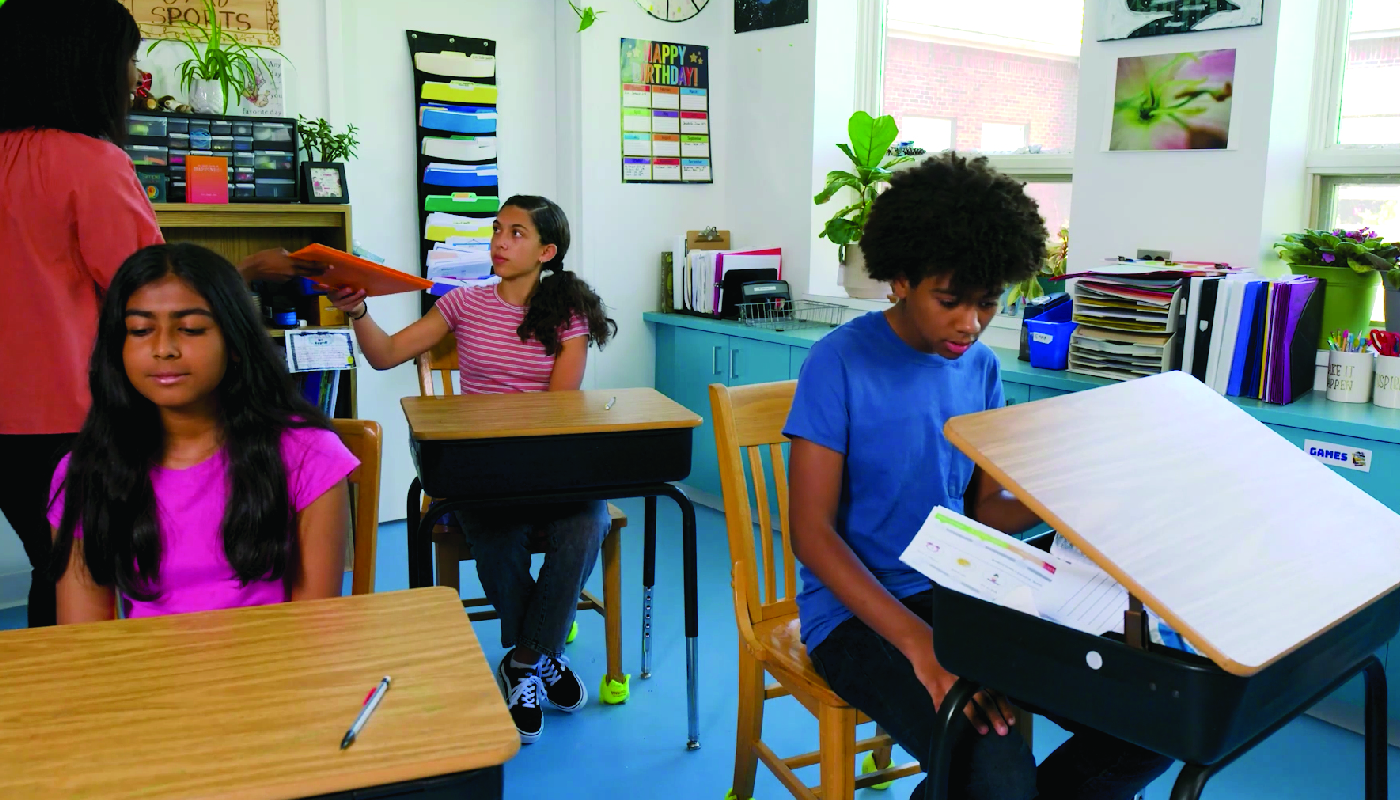Introduction
As children grow older, they take on more responsibilities, such as meeting deadlines, keeping workspaces tidy, and completing chores. Staying organized is crucial for managing these responsibilities effectively and avoiding stress or negative consequences. This blog post will discuss the importance of organization for elementary students, provide a no-prep activity for teaching this skill, and offer discussion questions to stimulate further learning.
No-Prep Activity
One engaging and straightforward activity that requires no preparation or materials is the “Responsibility Relay.” To play, divide students into two teams. Have each team form a line at one end of the room. At the other end of the room, place a small object, such as a pencil or eraser. On the count of three, the first student from each team runs to the object, picks it up, and places it in a designated spot (e.g., a desk). They then run back to their team and tag the next student, who repeats the process. The relay continues until all students have participated. The first team to complete the relay wins.
This activity helps students practice organization by requiring them to complete a task quickly and efficiently. They must stay focused and work together as a team to succeed. After the activity, discuss the importance of staying organized in real-life situations and how it can help them achieve their goals.
Discussion Questions
- What are some responsibilities you have at school and at home? How can staying organized help you manage these responsibilities?
- What are some organizational strategies you already use? How do they help you stay on top of your tasks?
- Can you think of a time when being disorganized led to a negative outcome? How could better organization have helped in that situation?
- Why is it important to find organizational strategies that work for you, even if they might not work for others?
- How can staying organized help reduce stress and improve overall well-being?
Related Skills
Besides staying organized, there are other essential skills that students should develop to succeed in school and life. These include:
- Time management: Learning to prioritize tasks and allocate time effectively.
- Goal-setting: Identifying objectives and creating a plan to achieve them.
- Self-motivation: Finding the drive to complete tasks and overcome obstacles.
- Problem-solving: Developing the ability to analyze situations and find solutions.
- Communication: Learning to express thoughts and ideas clearly and effectively.
Next Steps
Now that you have an understanding of the importance of staying organized and a no-prep activity to teach this skill, it’s time to explore more resources. Sign up for free sample materials at Everyday Speech to access a wealth of resources related to Social-Emotional Learning. These materials will help you support your students in developing essential life skills, creating a positive learning environment, and fostering personal growth.






